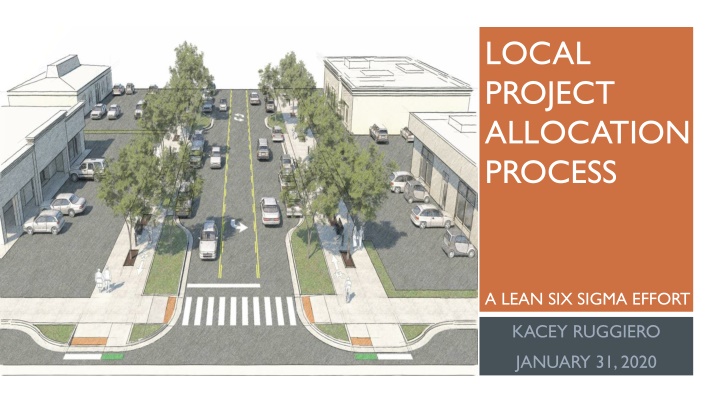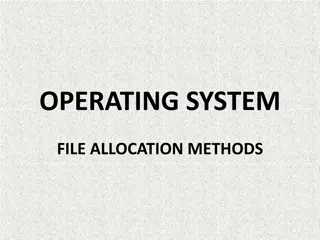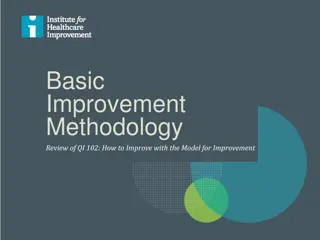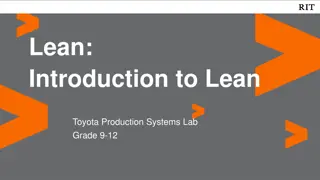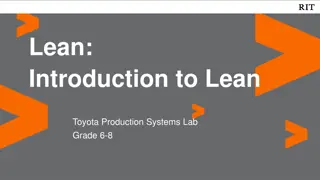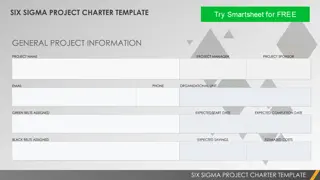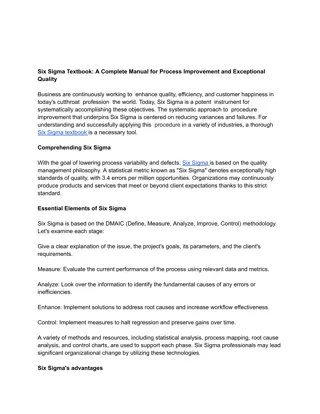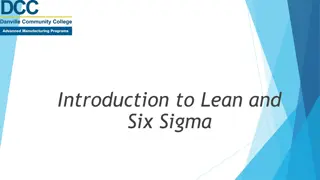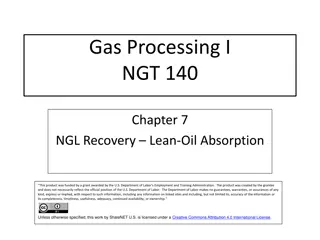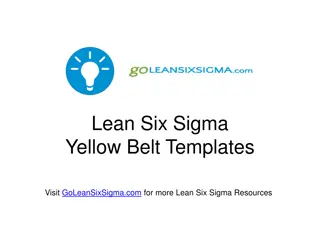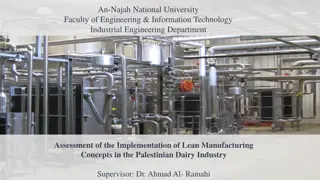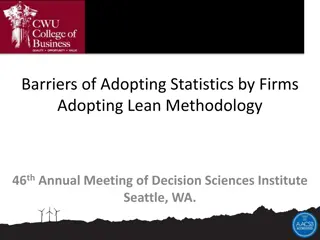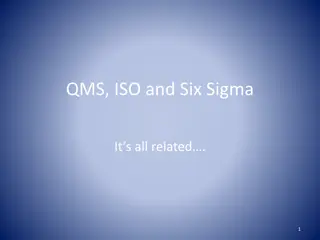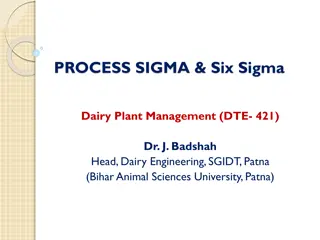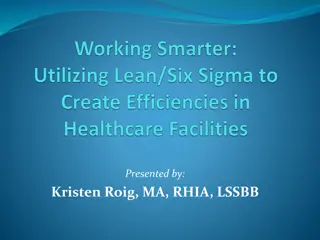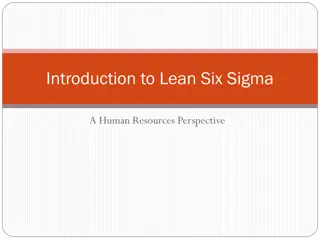Lean Six Sigma Effort for Local Project Allocation Process Improvement
This initiative focuses on streamlining the local project allocation process using Lean Six Sigma principles. It aims to reduce processing time, improve submission quality, and address issues identified through surveys and assessments.
Download Presentation

Please find below an Image/Link to download the presentation.
The content on the website is provided AS IS for your information and personal use only. It may not be sold, licensed, or shared on other websites without obtaining consent from the author.If you encounter any issues during the download, it is possible that the publisher has removed the file from their server.
You are allowed to download the files provided on this website for personal or commercial use, subject to the condition that they are used lawfully. All files are the property of their respective owners.
The content on the website is provided AS IS for your information and personal use only. It may not be sold, licensed, or shared on other websites without obtaining consent from the author.
E N D
Presentation Transcript
LOCAL PROJECT ALLOCATION PROCESS A LEAN SIX SIGMA EFFORT
PROJECT TEAM MEMBERS Champions: Team Members: Ray Zhang Local Assistance Anja Aulenbacher California Transportation Commission Maura Twomey Association of Monterey Bay Area Governments Bruce De Terra Transportation Programming Bill Shunk City of Sacramento Nicole Jepsen Budgets Clark Paulsen - Budgets Executive Sponsors: Patrick Louie HQ Local Assistance Dawn Cheser California Transportation Commission Steven Keck, Finance Sadegh Yazdi Transportation Programming Dave Moore, Planning and Modal Jasmine Noriega District 10 Local Assistance Kenneth Kao Metropolitan Transportation Commission 2
PROJECT CHARTER Problem Statement The average time to process an allocation request is 58 calendar days. This creates a delay to local agencies administering, advertising and awarding of locally administered projects. Objective To increase the quality of allocation package submittals so that 95% received are error-free. 3
ISSUES IDENTIFIED 302 allocations in fiscal year 2018-19 Allocation package submittal Local Agency to District 57% submitted on-time 21% missing required documents 32% submitted late 14% missing required documents 11% unknown 4
ISSUES IDENTIFIED Local Agencies Survey Results: Unfamiliar with Caltrans deadlines Deadlines are not followed Unsure which documents are required when submitting an allocation package Little to no allocation training 5
ISSUES IDENTIFIED Caltrans Survey Results: Inconsistent processes statewide No tracking system of allocation packages Communication improvement is needed with local agencies and within the department Internal deadlines are not followed Reviewing and finalizing book items is cumbersome due to wasted effort 6
WEBSITE Training Forms FAQs Program Guidelines Contacts Communication Resources Helpful Shortcuts www.dot.ca.gov/programs/local-assistance/allocations 7
IMPLEMENTED SOLUTIONS Required Documents by Phase 8
IMPLEMENTED SOLUTIONS 58 calendar day timeline 9
IMPLEMENTED SOLUTIONS VIPER Updates Effective July 1, 2020 District rollout Electronic submittal Milestone notifications available to local agencies Notice of Approval Letter generated automatically Effective March 2020 CTC meeting Auto-generated book items Auto-group projects 10
IMPLEMENTATION PLAN Phase 1: Due March 2020 Create and implement a checklist of all required documents by phase for district staff Create frequently asked questions by program Implement final cutoff date for late allocation requests Improve communication among all parties 11
IMPLEMENTATION PLAN Phase 2: Due June 2020 Update standard operating procedures Update Local Assistance Program Guidelines to include new chapters for Senate Bill 1 programs Phase 3: Due January 2021 Smart and electronic allocation request form Statewide allocation training for local agencies 12
CONTINUED EFFORT LEAN SIX SIGMA PHASE 2 Caltrans will track the quality and touch time for all items that flow through the preparation schedule to meet a CTC meeting. Tracking months: Preparation for the May, June, August, and October 2020 CTC meetings. Objective: To collect data necessary for the success of a future L6S Phase 2 project. 13
Kacey Ruggiero 916-653-1508 Kacey.Ruggiero@dot.ca.gov
